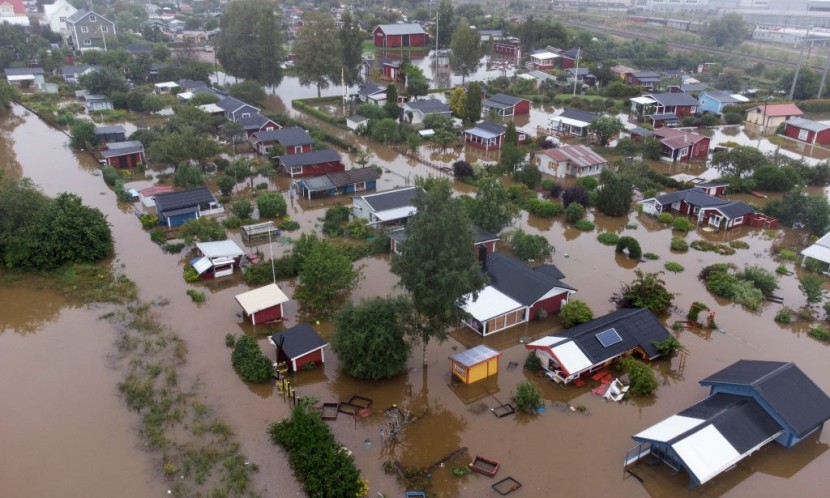
The American Meteorological Society marked 2020 as the hottest year on record for Europe and it also found that the year has been among the three hottest years worldwide.
The report included information and feedback from the UK Met Office, which said that the record was broken "by a considerable amount." In the last year, experts recorded the average temperatures in Europe to be 1.9 degrees Celsius above the average from 1981 to 2010. The period was used as a benchmark to measure varying temperatures.
Climate Change's Devastating Effects
Experts said that the five hottest years experienced in Europe have all been since 2014, signaling the growing effects of climate change worldwide. The American Meteorological Society detailed its findings in its 31st State of the Climate report. Officials said that 17 European countries observed record-high annual temperatures.
The regions include France, Spain, Switzerland, Belgium, Norway, and Sweden. The average temperature in the Arctic, on the other hand, was recorded to be the highest in 2020. Scientists observed temperatures that were 2.1 degrees Celsius above the average from 1981 to 2010, CNN reported.
Similarly, Antarctica recorded extreme warmth, with 18.3 degrees Celsius being reported on February 6, 2020, in Esperanza Station. It was the highest temperature recorded on the continent and was significantly higher than its recorded peak of 17.2 degrees in 2015.
Dr. Robert Dunn, a senior climate scientist at the UK Met Office, said that the level of difference from previous years was a concerning issue. He said it was an issue that the world should focus on since the effects are being felt worldwide.
Read Also : 'Horrifying' Video Shows Wild Tortoise Attacking and Eating Baby Bird Despite Being Thought of as Vegetarian
Several other experts agreed that the significance of the change in temperatures in Europe was of deep concern. Professor Gabi Hegerl, a professor of climate system science at the University of Edinburgh, said the amount of change should worry all of us, despite not being part of the study, BBC reported.
Natural Disasters
Climate change has been the center of discussions in recent years as extreme rainfall and flooding have left parts of destruction in several nations. The United States was not exempt from that scenario as Tennessee experienced 17 inches of rain falling within 24 hours this summer. The incident turned creeks into rivers and flooded hundreds of homes, killing at least 18 residents.
Many people are now asking, is climate change the primary reason for the devastation in multiple parts of the world? While there has always been extreme weather, human-caused global warming could potentially increase the frequency and severity of the events.
Research showed that human activities, including burning fossil fuels, have unequivocally warmed the planet. This means that the environment is holding much more moisture than it used to.
A recent attribution study was released on Aug. 23, 2021, and observed the rainfall from the European storm that killed over 220 people. The incident flooded Germany, Belgium, Luxembourg, and the Netherlands in July 2021.
The analysis found that human-induced climate change made a storm of that severity between 1.2 and nine times more likely to happen in current conditions, Yahoo News reported.
Related Article: Uranium Cubes That Are Suspected Component of Hitler's 1945 Nuclear Bomb Now Under Study








